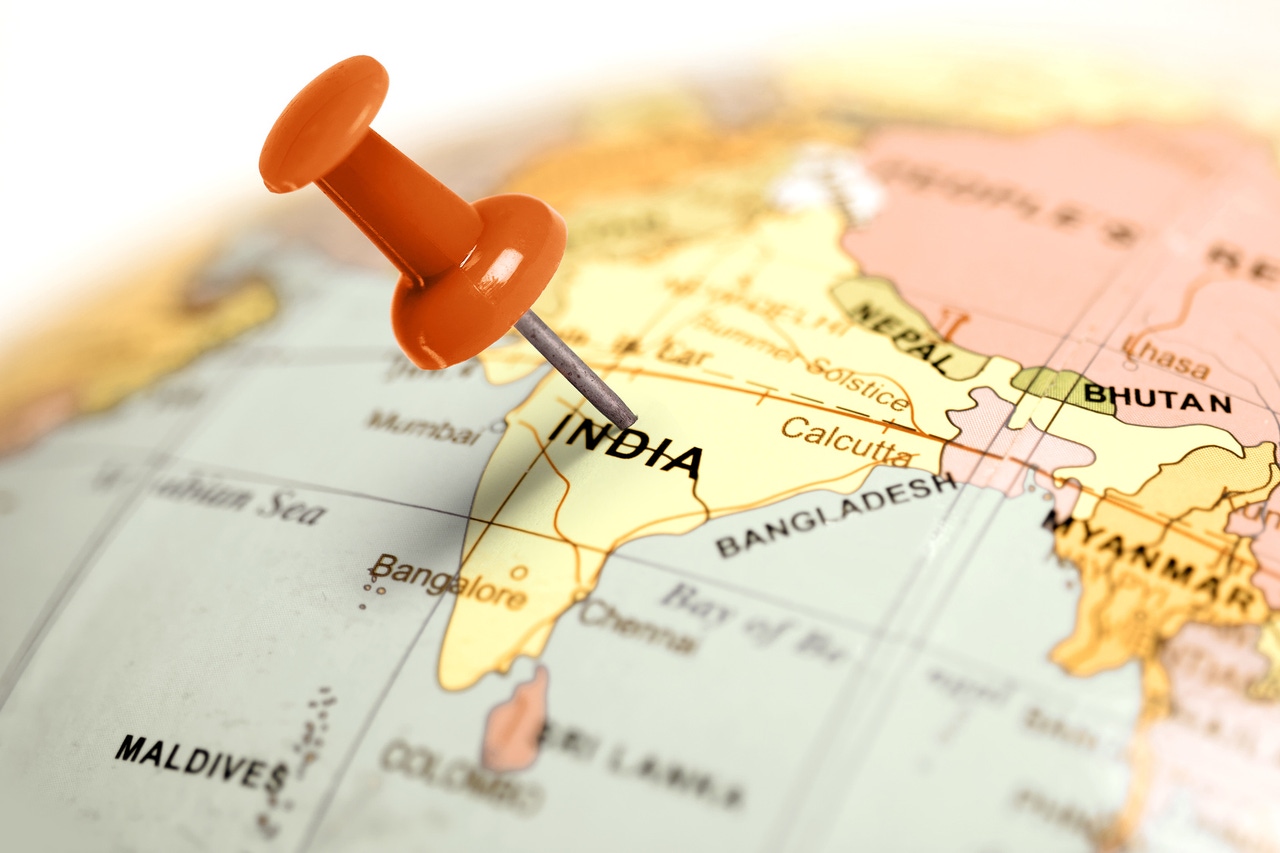WhatsApp forced to enter India mobile money market early
The WhatsApp online payments trial received rave reviews in February, however the team is being forced to launch the market-ready version ahead of schedule for fear of being left behind by competitors.
May 30, 2018

The WhatsApp online payments trial received rave reviews in February, however the team is being forced to launch the market-ready version ahead of schedule for fear of being left behind by competitors.
WhatsApp first announced its intentions in the mobile money space back in February, trialling the feature with one million Indian users, though with more than 200 million users of the messenger app in the country there is certainly room to grow. According to Bloomberg, WhatsApp is readying the launch ahead of schedule, with only three partners instead of four, due to fears competitors are streaming too far ahead. HDFC Bank, ICICI Bank and Axis Bank are currently signed up, with the State Bank of India set to join as soon as the systems and processes are ready.
The potential for mobile and online payments in the country is massive. Aside from the rapid digital revolution which has been thrust on users following the democratization of data by Reliance Jio, the Indian Government is keen to take the country away from a cash-society. This focus on the digital world has certainly benefited certainly companies, some of which are less keen about sharing the profits around.
Vijay Shekhar Sharma, founder of Paytm Payments Bank, one of the two dominant players in the Indian online payments space as it stands, has been highly critical. Sharma was one of the beneficiaries of the government’s drive towards digital, and has not welcomed competition in the space. His Twitter feed regularly criticises the decision to grant WhatsApp a license, while also retweeting conspiracy theories about Facebook reading messages and stories questioning the security capabilities of the app.
The other dominant player currently in the market is Google Tez, though the WhatsApp team might be keeping a closer eye on WeChat. The Tencent-owned messenger and social media app has been making moves in the India space, and while it is yet to topple the dominance of Paytm, it arguably presents more of a threat. This is the reason Sharma is doing his best to limit the incursion of social media apps into the Indian payments market, he probably knows they will steal a lot of market share.
When WeChat launched its payment feature in the Chinese market as an alternative to Alibaba’s, it quickly captured market share because it already had an engaged user-base. Users could pay for a variety of products and services through a trusted and secure application, which was already being used for a variety of other features. WeChat kept users inside its walled-garden, and offered the opportunity to remove clutter and redundant apps from valuable real-estate on the home screen.
WhatsApp can replicate this strategy with its 200 million users in the Indian market. Ideally, WhatsApp would have launched on its own terms, but it does still pose a very serious threat to the incumbent players in the Indian market.
Aside from the upcoming conflict, this is one of the first examples of genuine diversification from Facebook, parent company of WhatsApp. To date, all the ‘alternative’ strategies Facebook has used to build the bottom line have ultimately led back to bleeding the same assets through digital advertising. Video does, news does, promotional ads do, everything Facebook does is about monetizing the user while they are on the platform. It is successful for the moment, but there will be a glass ceiling; only so much advertising can be presented to the user before the experience deteriorates.
When you look at the companies who are set to dominate the world for decades, there is genuine diversification. Google has a separate video platform in YouTube, doubling the real-estate for advertising, and also has a burgeoning cloud computing business. Amazon has the world leading cloud IaaS business, while also successfully entered the content subscription market with its Prime service.
Of course this is not a new idea. Coca Cola is a business which also diversifies by acquiring brands and products which allow it to target a different demographic; it owns Innocent Smoothies for example, as well as Powerade. Successful and healthy diversification is about seeking new revenue opportunities, not simply adding addition means to bolster the same advertising machine.
A successful launch into the online payments market could prove to be very lucrative move for the Facebook business.
About the Author
You May Also Like


.png?width=300&auto=webp&quality=80&disable=upscale)







.png?width=300&auto=webp&quality=80&disable=upscale)


_1.jpg?width=300&auto=webp&quality=80&disable=upscale)